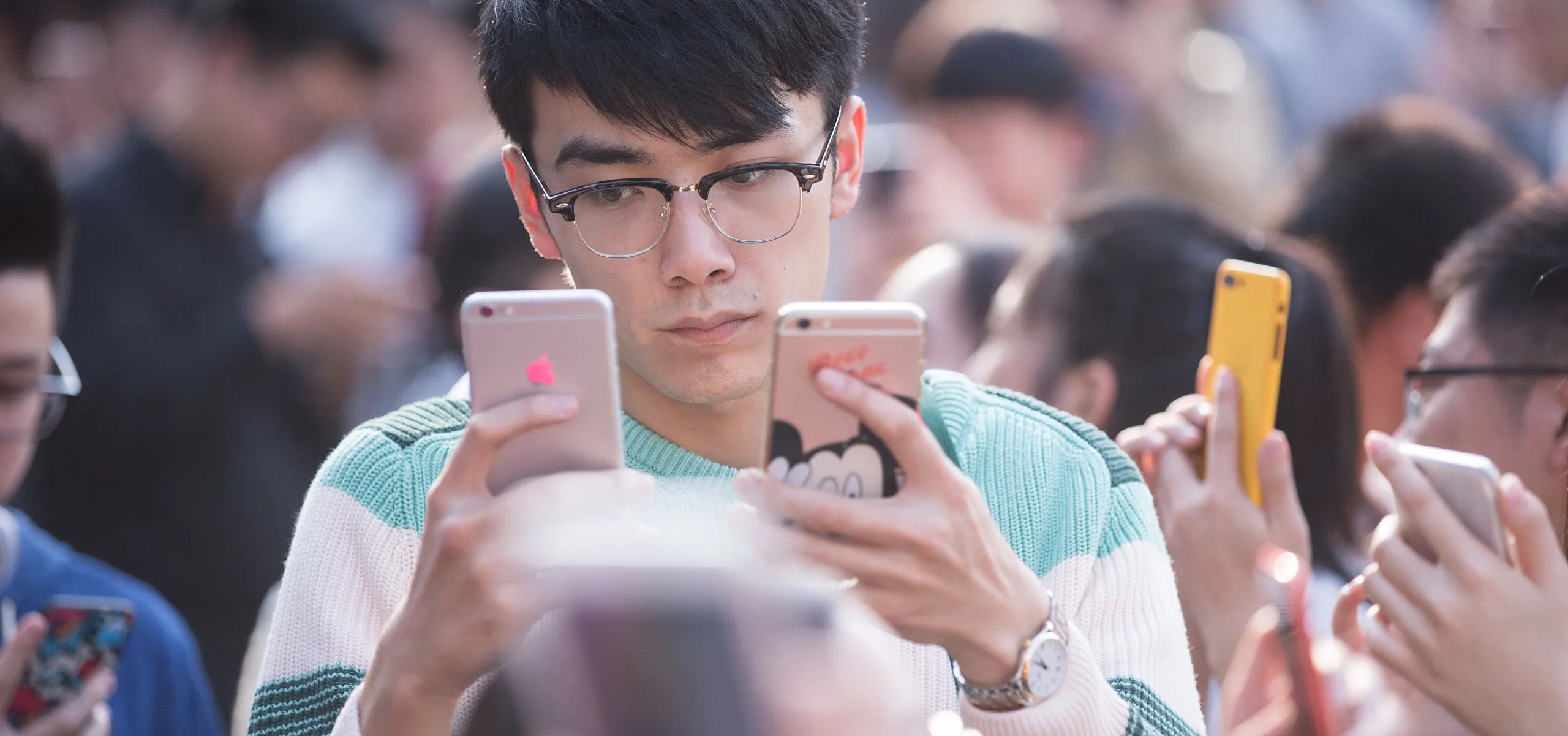How “online language artists” combine simple phrases into their own internet language
Recently, the Chinese internet has witnessed the emergence of a strange new way of writing. Though the phrases, like “let’s say (咱就是说 zán jiùshì shuō)” and “an entire (一整个 yì zhěnggè),” are common enough, they are being combined and contextualized in odd ways, and take on new meanings as a result.
Calling themselves “modern language artists (当代语言艺术家 dāngdài yǔyán yìshùjiā),” netizens who are experts at compiling these linguistic components into sentences are dedicated to making simple words and phrases like “fiercely (狠狠 hěnhěn),” “state (状态 zhuàngtài),” “movement (动作 dòngzuò),” and even “it is (属于是 shǔyú shì)” more complex than before.
Deciphering this new internet language can be a challenge, with many of the phrases used mainly for emphasis. “Let’s say (咱就是说 zán jiùshì shuō),” for example, is usually used at the beginning or end of a sentence, and was initially adopted by web celebrities and live streamers keen to address their audiences directly. Guo Beibei, better-known as Guo Laoshi, a Douyin star who rails against traditional female beauty norms, frequently begins videos with “My sisters, let’s say… (集美们, 咱就是说…Jíměimen, zán jiùshìshuō...),” where 姐妹 (jiěmèi), sisters, is pronounced as 集美 (jíměi) in Guo’s distinctive accent.
Meanwhile, the origin of “an entire (一整个 yì zhěnggè)” is unclear, but some attribute it to Gao Yibai, a trainee from Youth With You 3, a reality TV show where contestants fight to be part of a new boy band, who seemed to adopt it as his catchphrase.
These expressions can be, seemingly randomly, combined to form a new sentence, with a description of a particular emotion.
For instance, to show surprise one can say: “咱就是说,整个一个大无语的大状态 (Zán jiùshì shuō, zhěnggè yí gè dà wúyǔ de dà zhuàngtài, Let’s say, I’m in an entire huge state of huge speechlessness).” Or: “大无语了家人们 (Dà wúyǔ le jiārénmen, I am hugely speechless, my family)!”
To indicate love, one can declare: “咱就是说,一整个爱上的大动作 (Zán jiùshì shuō, yì zhěnggè àishàng de dà dòngzuò, Let’s say, it’s an entire movement of falling in love).” Or even: “咱就是说,一整个狠狠爱住了 (Zán jiùshì shuō, yì zhěnggè hěnhěn àizhù le, Let’s say, I’m totally and fiercely falling in love).”
More expressions include: “咱就是说,一整个气炸的大动作 (Zán jiùshì shuō, yì zhěnggè qìzhà de dà dòngzuò, Let’s say, it’s an entire movement of getting mad enough to pop),” and “一整个蚌埠住 (yì zhěnggè bèngbùzhù, I can’t control myself).” Confusingly, 蚌埠住 (bèngbùzhù), which literally means “living in Bengbu,” a city in Anhui province, is internet slang that is a play on a previous slang term: 绷不住 (bēngbuzhù), which means being unable to contain oneself.
Finally, if you are totally lost in the confusing wordplay exhibited here, you can exclaim: “一整个的迷惑行为大赏 (Yì zhěnggè de míhuò xíngwéi dàshǎng, [This is] an entire collection of confusing actions).”
These simple phrases thrust into strange new sentence combinations are lauded for their simplicity and effectiveness in exaggeration. They are therefore easily copied and refreshed—though deciphering exactly what they mean is another matter.












